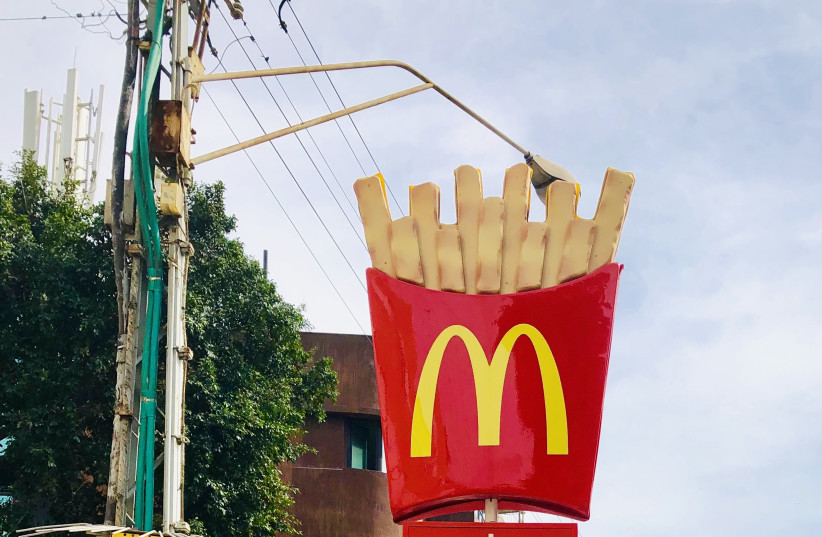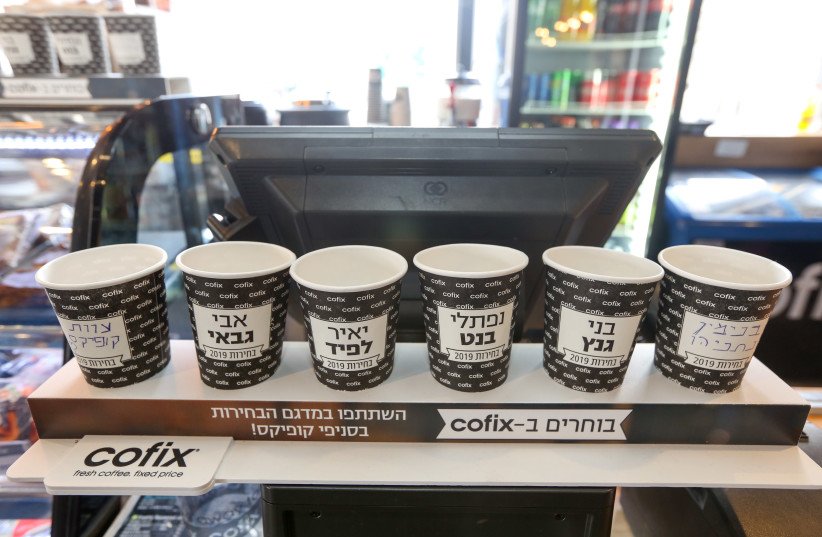Russia’s invasion of Ukraine has led to a macroeconomic reshuffle since it began on February 24. With global supply chain staples suddenly on shaky ground, energy and food shortages threatening numerous countries, international sanctions and further fallout as a result of Russia’s war on Ukraine, much has changed in the world — economically and otherwise — over the past few months.
As Russia — a global leader in oil and natural gas exports — continues its assault on Ukraine, itself a massive exporter of food commodities, such as wheat and sunflower oil, multinational corporations have taken note, leading many to scale back or cease operations in the country of nearly 150 million people.
The following companies are among the multinationals that have taken steps to limit or completely halt operations in Russia.
McDonald’s, Coca-Cola and other global food giants
McDonald’s announced it would temporarily close the entirety of its 850 locations on March 8th, just two weeks after Russia announced it would invade Ukraine. The company’s business in Russia and Ukraine — where they have over 100 locations — accounts for 9% of McDonald’s total global revenue, per financial statements.

Starbucks, PepsiCo, and even eponymous brand Coca-Cola will suspend all business in Russia, while Nestle has suspended all capital investment in Russia.
The tech titans
Facebook, Instagram and Twitter have all been banned inside Russia under new laws after Facebook/Instagram’s parent company Meta said it would block access to Russian news outlets Sputnik and RT. Apple, the world’s most valuable publicly-traded company announced it was freezing its business in Russia on March 1st.
Microsoft, IBM, Adobe, Netflix, Spotify, Intel, Nvidia and other tech powerhouses have slowed or stopped their Russia operations.
Finance, Logistics and Healthcare
Multinational companies in critical industries, such as finance, healthcare and logistics, have also pulled business out of Russia as much of the world escalates economic pressure on Russia.
Massive consumer finance staples such as Visa, Mastercard, Paypal, Western Union, and other global investment banks like CitiGroup and JPMorgan have totally suspended services in Russia.
Logistics corporations FedEx, UPS, and DHL have stopped operating in Russia, while shipping giant Maersk halted cargo bookings. "We are deeply concerned by how the crisis keeps escalating in Ukraine," Maersk said in a late February statement.
Even healthcare supplies are impacted by the invasion, as Unilever, Procter and Gamble, General Electric, 3M and Dow Chemical have suspended or reduced their business activities within the Russian Federation.
European Companies
American companies are not the only been able to scale back operations in Russia. German automotive company Volkswagen announced it would stop the production of vehicles in Russia and suspend exports to the Russian market. European Aerospace corporation Airbus said it "suspended support services to Russian airlines, as well as the supply of spare parts to the country" in a statement.
BP (British Petroleum) said it was planning to exit its 19.75% stake in Russia's biggest oil company, Rosneft, and suspend their joint ventures amid the invasion, while UK-based oil company Shell ended its joint ventures with Gazprom, including its involvement with the Nord Stream 2 natural gas pipeline. Even Heineken announced it would stop distributing its product to the country, while Norway's $1.3 trillion sovereign wealth fund divested shares in Russian companies and government bonds.
Asian Companies
While the response from the US and EU-based companies has been comparatively harsh, conglomerates based in Asia have distanced themselves from Vladimir Putin’s regime in Russia amid their war with Ukraine.
Companies such as South Korea’s Samsung, Japan’s Sony, and even the Bank of China have curbed operations in Russia. TikTok’s parent company ByteDance – which is headquartered in Beijing – imposed restrictions on Russian state media and propaganda in early March, while Japanese video game company Nintendo halted exports to the Russian federation.
Who hasn’t left?
While many globally-recognized companies remain in Russia, Israel’s Cofix is one of the fastest-growing – Cofix was included in the top 10 largest chains in the country and ranked second in terms of audience loyalty in Moscow and the Moscow region, according to the company.

Pharmaceutical companies like Pfizer, Germany's Bayer and Eli Lilly have limited some operations and new investments in Russia, though they continue to supply essential medicines, such as diabetes and cancer medicines.
Cryptocurrency companies are also resisting pressure to close Russian accounts: Cryptocurrency exchange Binance said they will not block all Russian accounts, while Coinbase CEO Brain Armstrong tweeted that "ordinary Russians are using crypto as a lifeline."
As geopolitics continues to impact the global economy, the risks of being on the wrong side of a political issue are as apparent as ever. Chinese ride-hailing company Didi announced on February 21st that it would pull its business out of Russia. Merely five days later, the company said it would “continue to serve drivers and passengers in the future” in a complete reversal amid public and social media pressure.
Businessman Elon Musk also tweeted that his satellite company Starlink would not censor Russian state media or news sources in early March, adding that he was “sorry to be a free speech absolutist.”
